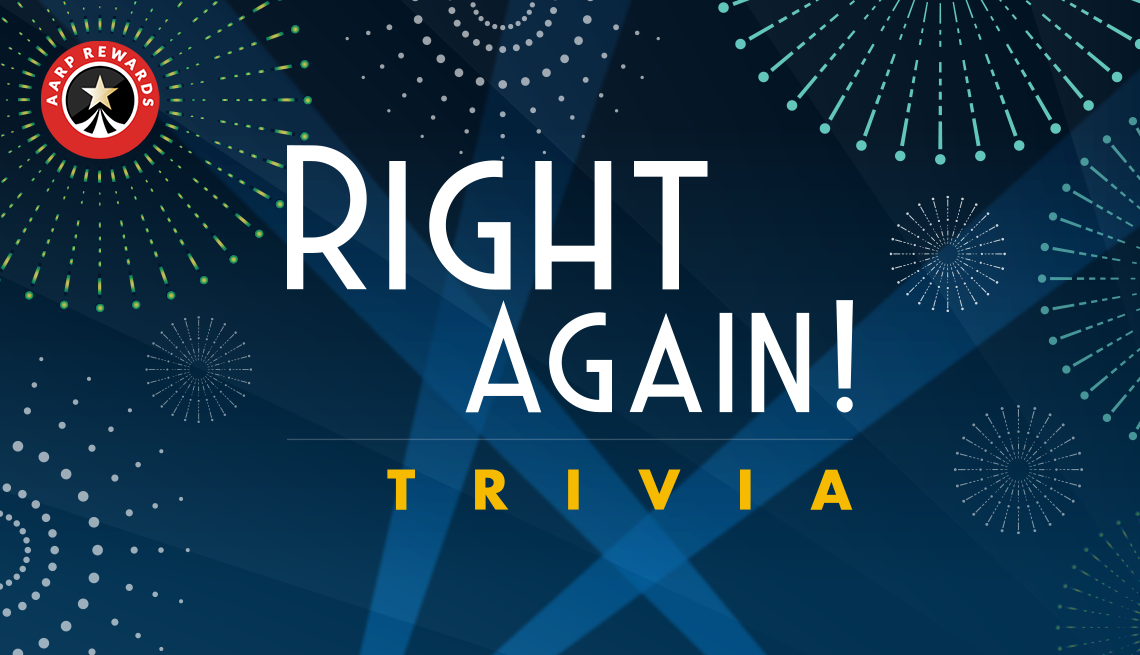Election season is in full swing, which means social media and other online channels are rife with fake or deceiving information (what a time to be alive, huh?). Do you have any tips for how to deal with misinformation or disinformation?
Do you know the difference between misinformation and disinformation?
I recently learned that misinformation is false or inaccurate information that spreads unintentionally. Do you remember at the beginning of quarantine here in the US, there was a story online about how dolphins had returned to the canals of Venice? Yup, that was false, which makes it misinformation.
Disinformation is intended to mislead. We are seeing a lot of intentional disinformation in political ads this cycle. Disinformation also often pops up in closed groups, and once it gains legs in those circles, it spreads to your newsfeed.
So, what are some ways to combat misinformation and disinformation? First and foremost, always check the source and look for other reputable sources reporting the same or similar things before you share or engage with a piece of content online. There are a lot of great fact check sites, like PolitiFact, FactCheck, and Snopes.
Secondly, social media algorithms are powered by engagement. When you react to a post, comment, save or share, that tells the algorithm that the content is important and it boosts it in others' newsfeeds. When you see a piece of high-level disinformation, do not engage with it at all (yes, that even means no laughing or angry face reactions). The best thing to do is to flag the post for removal. If you want to let your friend or family member know that they are spreading false information, send them a direct message and let them know respectfully. Don't question their intelligence or moral sense. State things factually with reputable sources to back you up. Challenge the evidence they are presenting by its origins by using a fact-fallacy-fact sandwich. Lead with facts, debunk the fallacy, and then close with facts.
Lastly, always find reputable sources and share that content. Be aware of who is writing an article or blog post or meme. Do your research before sharing or posting. There are media companies and individuals that exist online for the sole purpose of creating clickbait and spreading conspiracies. Conspiracy content receives 6x as many clicks as factual content on average, and these media companies know that. Be intentional with what you share and how you use social media and other online communities.
Learn more about spotting fake ads and posts on social media.
AARP’s Fraud Watch Network can help you spot and avoid scams. Sign up for free Watchdog Alerts, review our scam-tracking map, or call our toll-free fraud helpline at 877-908-3360 if you or a loved one suspect you’ve been a victim.












































































